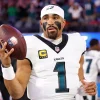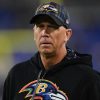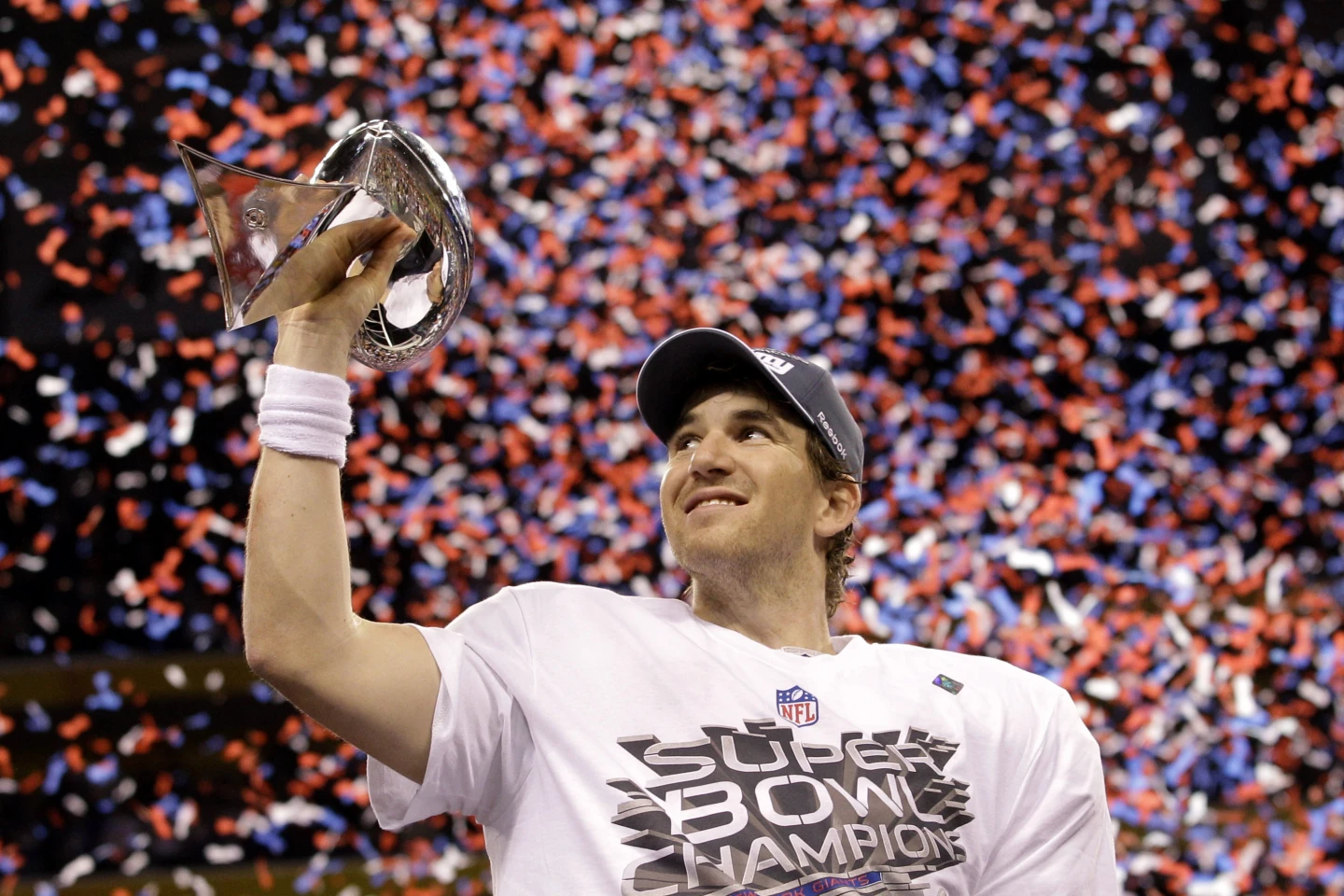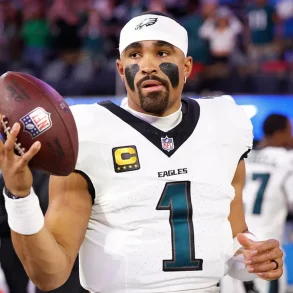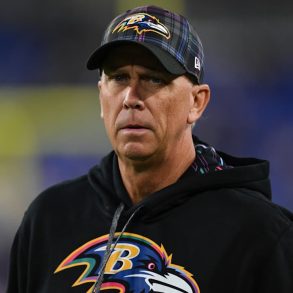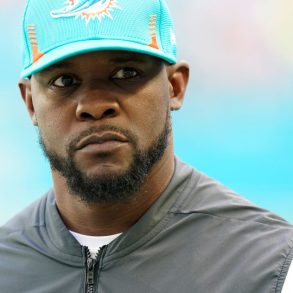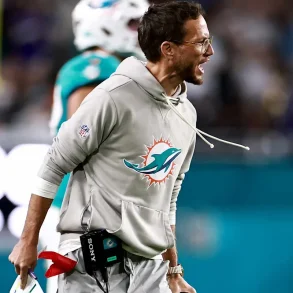Eli Manning is a name synonymous with New York Giants football. As the franchise’s all-time leader in passing yards, touchdowns, and games started by a quarterback, Manning’s legacy is deeply tied to the team’s success and challenges during his career.
Manning’s journey in the NFL is a story of perseverance, resilience, and memorable moments that will be debated for years to come. From his two Super Bowl victories to his role in the Giants’ rebuilding process, Eli Manning’s legacy is not only defined by his triumphs but by the heart with which he played the game.
Manning was selected first by the San Diego Chargers in the 2004 NFL Draft, but his story with the Giants began after a trade on draft day. Manning’s first professional seasons were far from perfect. He had big shoes to fill, replacing the legendary Kerry Collins, and had to contend with an inconsistent offense and roster turnover.
However, as Manning developed over the years, he displayed an uncanny ability to thrive in the most difficult circumstances. Manning’s quiet confidence and work ethic made him a respected leader in the locker room, and he quickly became the face of the Giants’ franchise.
His breakthrough moment came during the 2007 season, when he led the Giants to an unlikely Super Bowl victory. Despite being considered underdogs against the undefeated New England Patriots, Manning guided the Giants through an impressive playoff run. His performance in Super Bowl XLII is forever etched in football lore.
Super Bowl MVP
Manning led a final drive that featured the unforgettable “helmet catch” by David Tyree, culminating in a 17-14 win. The victory not only gave the Giants their third championship but also solidified Manning’s place as a quarterback capable of delivering in clutch moments. Manning was named Super Bowl MVP for his performance, and his career took a giant leap forward.
The 2007 Super Bowl victory was a defining moment for Manning, but it was not his only championship. Four years later, in the 2011 season, he led the Giants back to the Super Bowl, once again facing the New England Patriots.
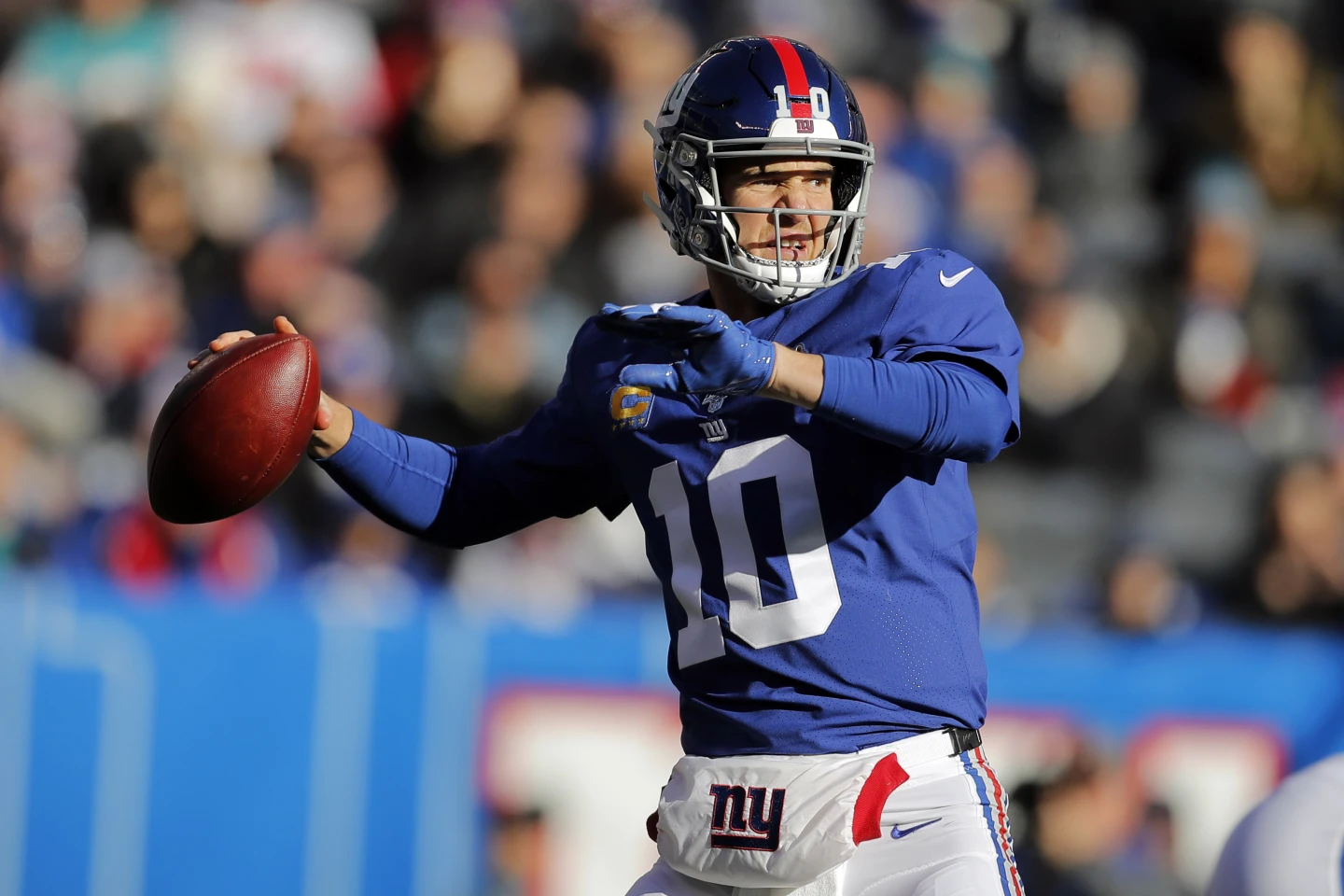
In a game that featured late-game drama and a dominant performance by the Giants’ defense, Manning played exceptionally well, throwing for 296 yards and one touchdown. The Giants won 21-17, giving Manning his second Super Bowl MVP award. The victory cemented Manning’s status as one of the greatest quarterbacks of his era.
While his two Super Bowl victories are what many remember, Manning’s career was far from perfect. Manning experienced inconsistency at times, especially in the years following the 2011 Super Bowl victory. Injuries and coaching changes affected the team’s performance, and the Giants experienced multiple losing seasons.
Manning, however, remained a symbol of stability, playing every game for the Giants from 2004 to 2017, a streak that demonstrated his durability and commitment to his team. His resilience through difficult times showed that Manning was not just a quarterback who could perform in the postseason, but one who could handle the grind of a long NFL career.
The debate around Manning’s Hall of Fame credentials has continued to spark discussion in the football world. Some argue that Manning’s two Super Bowl wins, including his victories over Tom Brady and the Patriots, should be enough to guarantee him a place in Canton.
Manning in an elite list
Manning is one of only five quarterbacks in NFL history to win two Super Bowl MVPs, and his postseason success against one of the most dominant teams in the history of the sport is impressive. His career passing numbers, which include over 57,000 yards and 366 touchdowns, are undeniable achievements.
However, critics point to Manning’s inconsistency in the regular season, where his numbers were often a mixed bag. Manning’s career completion percentage and passer rating are not as high as other Hall of Fame-caliber quarterbacks, and some believe that his performance in some seasons did not match his potential.
They argue that while Manning had moments of brilliance, he was also prone to stretches of underperformance that could leave his legacy up for debate.
Despite the criticisms, there’s no denying the impact Manning had on the New York Giants and the NFL. Manning may not have been the most statistically dominant quarterback of his time, but his performances in key moments set him apart.
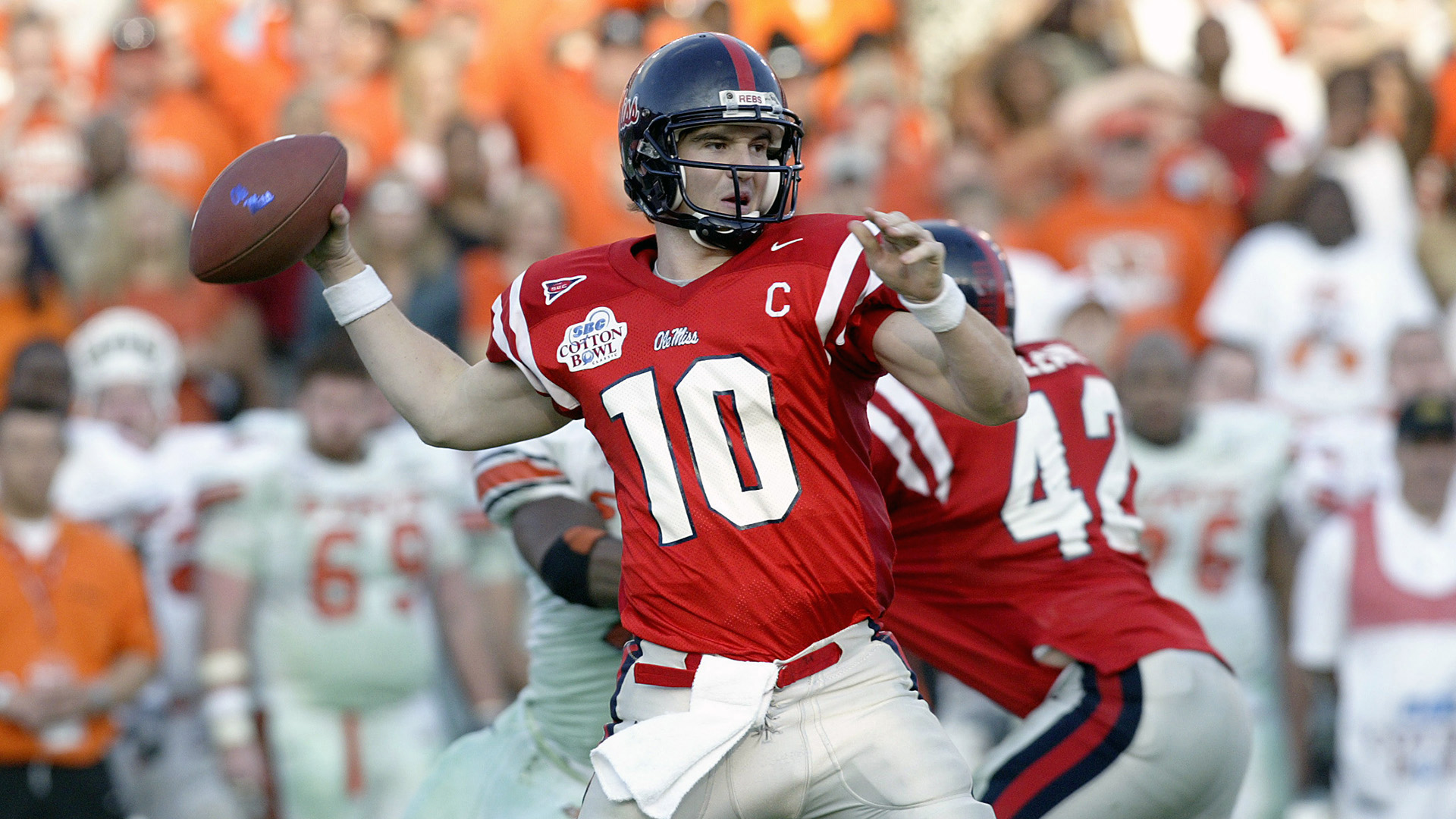
His two Super Bowl victories, both of which were achieved in dramatic fashion, are a testament to his ability to rise to the occasion. For the Giants and their fans, Manning’s legacy is defined by his leadership, his calm demeanor in the face of pressure, and his ability to deliver in the most important games.
Manning’s relationship with his fans and teammates is another crucial part of his legacy. Throughout his career, Manning was never one for flashy displays of emotion or public attention. His humble and professional demeanor endeared him to the New York community.
While he wasn’t always the most vocal leader, Manning’s work ethic, dependability, and consistency made him the unquestioned leader of the team. He led by example and quietly carried the weight of the franchise on his shoulders, earning the respect of coaches, players, and fans alike.
Manning remained a low-key figure
He did not seek out the spotlight, and his focus was always on helping his team win games. His commitment to his craft and his desire to improve year after year made him one of the most respected quarterbacks in the NFL.
Manning’s leadership qualities extended beyond the football field, as he was involved in numerous charitable initiatives. Through his work with the Eli Manning Foundation, he helped raise funds for youth organizations and charitable causes throughout the country.
As Manning transitioned from active player to retiree, his legacy as a Giant remained intact. Though his career wasn’t always perfect, his place in Giants’ history is secure. He is a two-time Super Bowl champion and one of the most accomplished quarterbacks in the history of the NFL. The debate about Manning’s Hall of Fame credentials will likely continue, but for the Giants and their fans, Manning’s legacy is clear.
He delivered two championships, was a model of stability, and displayed the heart of a champion in some of the most dramatic moments in NFL history. Eli Manning may not have always been the flashiest quarterback, but his career proves that heart, leadership, and performance when it mattered most can leave an indelible legacy.
